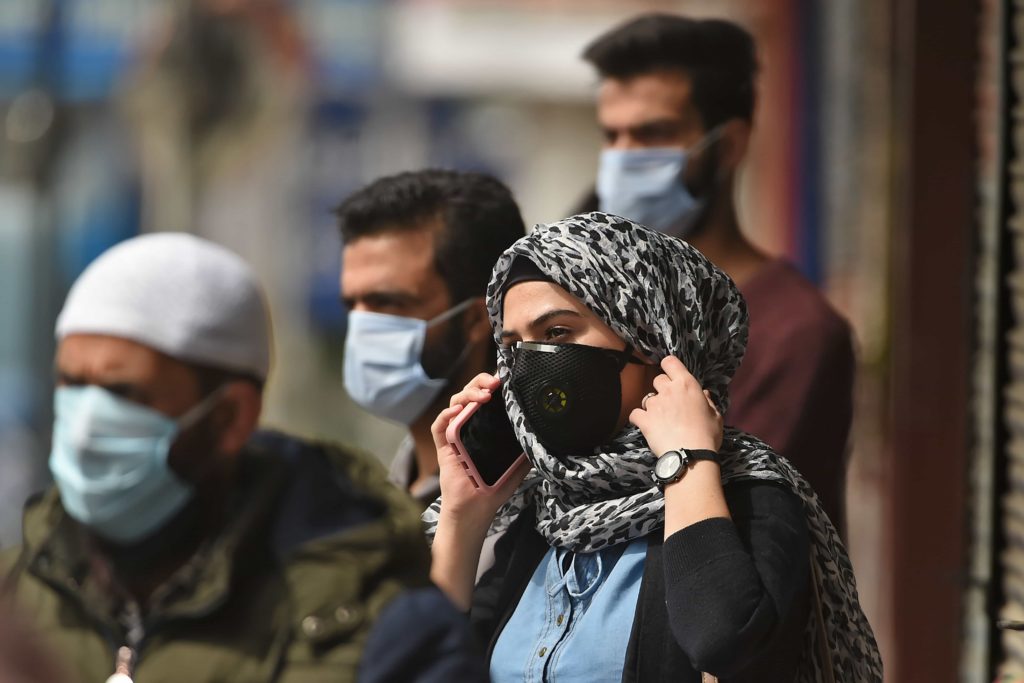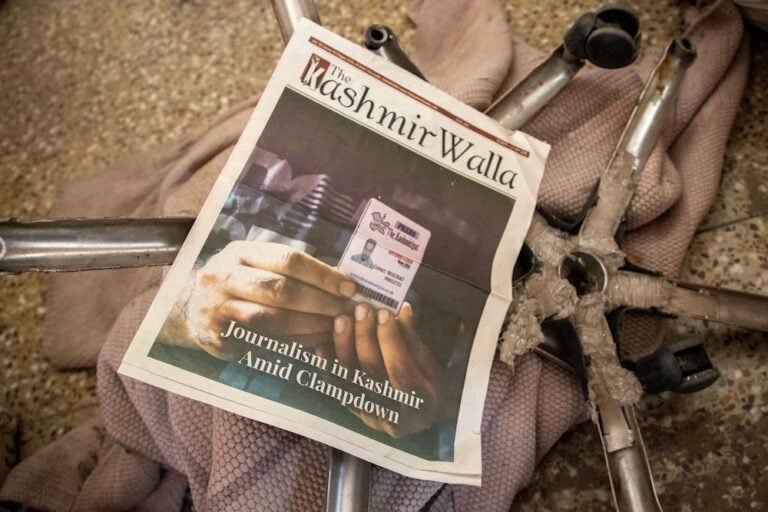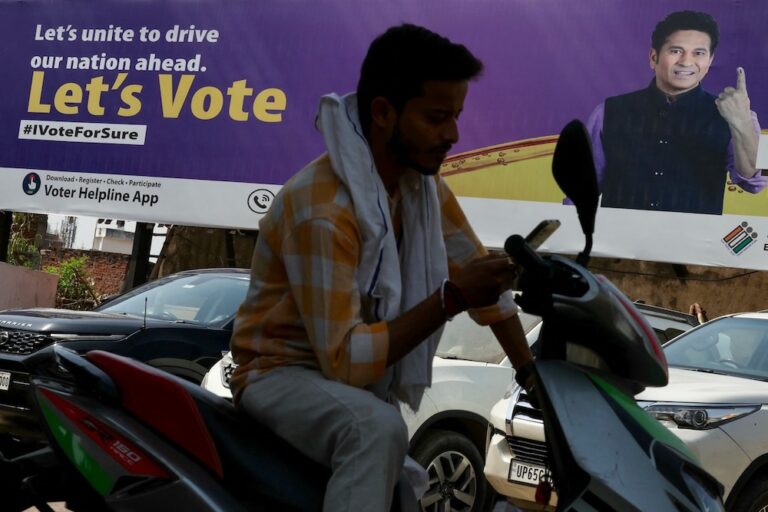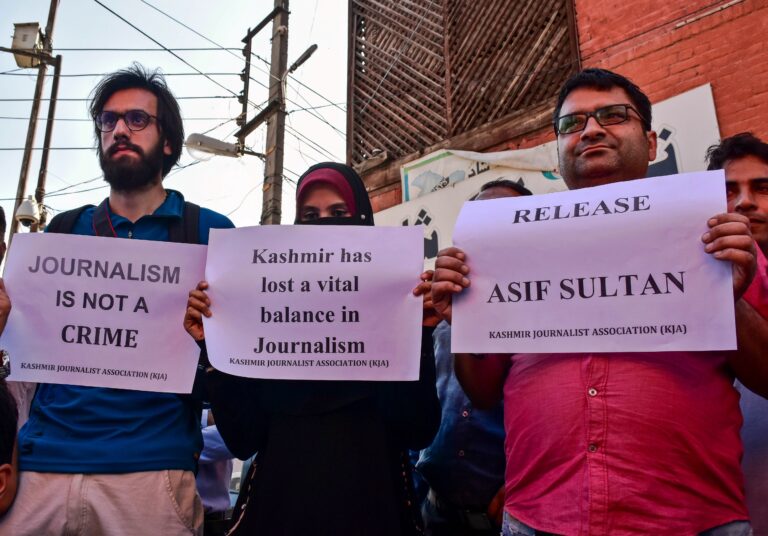April 5 will be 245 days since 4G mobile internet was suspended in Indian-administered Jammu and Kashmir, causing immense hardship and disruption of civilian life as well as violating the public’s right to access information.
This statement is published as part of IFJ-SAMSN’s campaign, Postcards from Kashmir.
The outbreak of COVID-19 in 2020 has left millions of people holed up in their homes across the globe, including 7 million in the Kashmir Valley alone. In this region, the lockdown has had an even more crippling impact due to lack of access to high-speed mobile internet to provide people access to critical information and medical research. The region’s 4G mobile internet is yet to be restored after it was shut down exactly eight months ago.
On August 5, 2019, the Indian government unilaterally abrogated Article 370 of the Constitution of India which gave Jammu and Kashmir limited autonomy and put the region under an unprecedented communications lockdown. As a result, internet, mobile phones and fixed telephone lines were suspended, making Kashmir the world’s biggest “information black hole” and causing acute agony and pain to its people.
Since 2019, there have been serious allegations of human rights violations and the suspension of fundamental rights and the right to speech and expression. But these stories still remain to be told, since the region’s media has been rendered virtually dysfunctional by restrictions on physical mobility and the long-running clampdown on communication, including internet and telephones.
Five months after the unprecedented restrictions were imposed in Kashmir, India’s Supreme Court in January declared internet as a fundamental right.
Kashmir has now recorded the highest number of internet shutdowns (180) in India since 2012. The recent blackout has set a record of being the longest ever communications blackout in a democracy.
The recent outbreak of the Covid-19 pandemic prompted the monitors for freedom of expression and freedom of the media for the United Nations, the Inter-American Commission for Human Rights, and the Representative on Freedom of the Media of the Organization for Security and Co-operation in Europe a joint statement to emphasise that internet access is critical at a time of crisis. However, there has been no let-up in restrictions on high speed mobile internet in Kashmir at this point. The state-owned high speed Broadband internet is available to just 20,000 subscribers in Kashmir. Private internet service providers’ subscribers are mainly commercial establishments and media houses, and therefore cover just a few thousand media workers, while the remainder of the region’s population including journalists mainly dependent on mobile internet.
The media, in particular, has been hard hit, unable to function without one of the most basic and fundamental tools of communication in the digital age. Routinely during the period were repeated instances of denial of internet. The COVID-19 pandemic has forced journalists to restrict working at their workplaces and continues to affect media reporting and journalists in some of the following ways:
- Inability to access websites and conduct online research that would allow reporters to present verified facts in a timely manner.
- Inability to make video-calls and share documents and visuals that are essential for research and reporting a story of the magnitude of the Covid-19 pandemic.
- Multi-media journalists cannot edit and share audio and video files with the existing internet speed restrictions.
- Digital news portals based out of Kashmir are unable to share high-resolution videos and even some high-quality images. The public is thus denied access and hence violating their right to information.In a situation where a lockdown due to self-solation measures precludes physical verification of incidents, 4G mobile internet becomes absolutely essential. Journalism is vital to stop the spread of fake news, myths and sensationalized stories, at a time when verified information put out by professional journalists in credible media houses could make the difference between life and death.
We, the undersigned, call upon the Indian federal government and Jammu and Kashmir state authorities to:
- Immediately restore all communications to the Kashmir Valley and ensure that all access is open and without restriction
- Allow local reporters to move without restrictions in order to carry out their professional duty of informing the public
- Ensure that media houses provide field reporters with standard personal protective equipment to keep them safe while on duty.
Sincerely,



